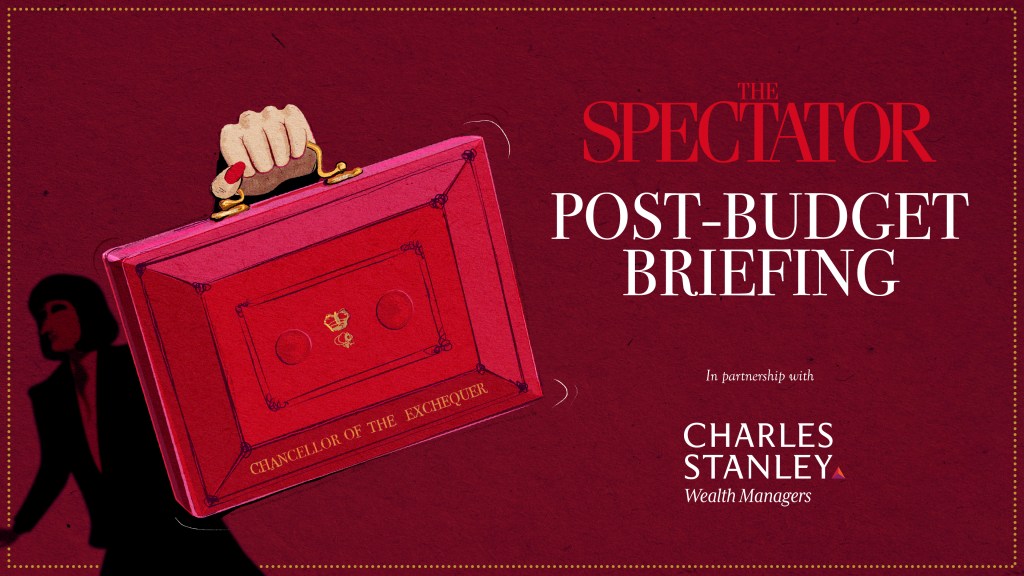This week, Wes Streeting – defending Labour’s rise in National Insurance contributions and seeking to fend off the surging Reform party – announced an extra £102 million to improve primary care. The money, the Health Secretary explained, would be given to a thousand surgeries that were prevented from taking on new patients by not having the building space to see them in. General Practice has collapsed. But will Streeting’s funds really help fix it?
Many readers will be able to recall the GPs of their youths, doctors who knew them and knew their parents. Asking for a home visit was a serious step, not to be done without good reason, but to get an appointment at the surgery was routine, and the expectation was that – holidays and staff sickness allowing – you would see a familiar face.
The principle of continuity of care that made General Practice rewarding has been demolished
These gatekeepers of the NHS deserved their high reputation. Not employees as such but independent contractors, owning their own surgery buildings, they were part of what made NHS care both effective and efficient. They could deal with a great many ailments, and knew who to refer on to when they could not. GPs were paid well, lived in good homes in the best areas and were respected.
Today, GP pay has fallen considerably in real terms. There is something reasonable about this given that GPs, like other doctors, are less of a rare elite. True, doctors in many other countries earn more, but pay is not the only explanation for the near collapse of primary care in Britain today.
GPs work ever harder to provide ever more appointments. There are a thousand fewer fully qualified GPs than a decade ago and the population has grown; each GP now cares for 16 per cent more patients than they did a decade ago.
‘As well as the expected increase in demand with rising co-morbidity and frailty,’ an old colleague told me recently, ‘the explosion in “minor” mental health problems consumes large amounts of time, energy, and resources.’ He couldn’t help but add that ‘there may be a place for the stiff upper lip after all’.
Whether he’s correct or merely cantankerous, he turned his back on richer opportunities because he believed in the value of being a GP, and he is a man who has earned his opinion through the sweat of labour. Another equally hard-working friend bemoaned the extra layers of inefficiency she has to deal with, and the targets and regulations that weigh her down without doing enough good to justify the burden.
As the speciality becomes less attractive, the calibre of GP trainees drops – making it even less appealing. There have been times when the best and brightest competed to get into General Practice; those times are gone. As corporate camaraderie collapses so do standards, and illness rates rise. High levels of deprivation and demand aren’t matched by resources; doctors still compete to work in the areas that need them least.
Everyone – GPs included – hates the early morning rush for appointments that we now deal with. Like roads that work until gridlock, the system is now seizing up. Private GPs, once almost unheard of because there was no demand for them, are becoming common.
Streeting has said the £102 million is aimed at the one thousand practices which could take on more patients but are limited by their buildings. A one-off payment of £100,000 per surgery isn’t likely to make a significant difference. And the worst surgeries are those where there is a shortage of GPs, not a lack of building space; this money won’t help there at all.
When I trained as a doctor, it was my ambition to become a GP. I still think it’s the hardest medical job to do well, and potentially the most rewarding. But the principle of continuity of care that made it rewarding – getting to know your patients over a lifetime – has been demolished.
The demolition wasn’t deliberate, any more than the move to the 8 a.m. appointment scramble was. Both resulted from a steady decline reaching a tipping point. And now that it has, reversing it is hard. If we want a return to what many of us remember – when GPs knew us, when we could get appointments and even home visits – then radical change is required. We’re drifting into primary care being provided piecemeal by strangers, in surgeries run by corporations, with better-off patients fleeing to the private sector to get what the NHS once managed to provide from their taxes.
There is no plan to address this, and no acknowledgement of it, despite the fact that the problem is plain to everyone. Successive governments of both main parties have achieved nothing beyond overseeing decline. Reform’s electoral success is changing the political landscape, but Wes Streeting’s response of £102 million suggests it has shaken Labour into doing more of the same.
Perhaps it is impossible to return to what we once had, or perhaps we simply don’t want to now spend what it would cost. ‘The job remains a privilege,’ says my friend, ‘ruined by NHS mismanagement.’ But our failure to be honest about our goals – and our inaction – is not honourable.







Comments